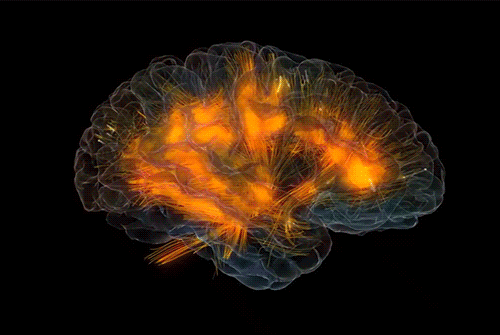5 June, 2019
Why Sleep Is Very Important: A Neuroscientific Perspective
by Anila Bashllari

In our attempt to improve the quality of our lives, we often forget that the most essential things are the ones that truly count and deserve our attention.
I often recall my grandmother saying that sleep grows the child…while most of us put all the attention to food…
In my program Life 2.0, I speak in a unique video about the importance of sleep but let me bring some additional information on the role of the sleep for resetting the brain.
When we are awake a lot of activity happens in that part of our body that weights no more than 1400 gr, but where trillions of synapses happen during the day. Our daily activity stimulates the neurons to connect with each other, enabling strong and large connections which can shrink by 20% when we fall asleep, allowing more space for learning and growth the day after.

A 4 year study conducted by Dr. Chiara Cirelli and Giulio Tononi of the Wisconsin Center for Sleep and Consciousness raises the hypothesis that “sleep is the price we pay for brains that are plastic and able to keep learning new things”.
According to Dr. Cirelli and Giulio Tononi, synapses that happen during the day are so important for the brain activity but this strength and enlargement due to daily engagements need to get balanced and normalized and sleep creates this conditions.
“This shows, in unequivocal ultra structural terms, that the balance of synaptic size and strength is upset by wake and restored by sleep,” Cirelli says. “It is remarkable that the vast majority of synapses in the cortex undergo such a large change in size over just a few hours of wake and sleep.
If sleep is distracted, synapses would continue to stay strong and large leading to overload and burn out, like to appliances at home when the voltage is higher than estimated. This is the reason why after a “bad night sleep” we wake up tired, with low energy and bad mood.
Take care of your sleep time!
Tips: Avoid watching TV late at night; eating late or drink liquids before sleep. Keep normal temperature in your bedroom and avoid ruminating in your head the daily thoughts and events. If you want to reflect on your daily experience, do it but focused on learning’s and what do you need to improve.
Article written by Dr. Anila Bashllari, Neurocoach & Mindset Expert
Photo credits: Freepik



Leave a Reply